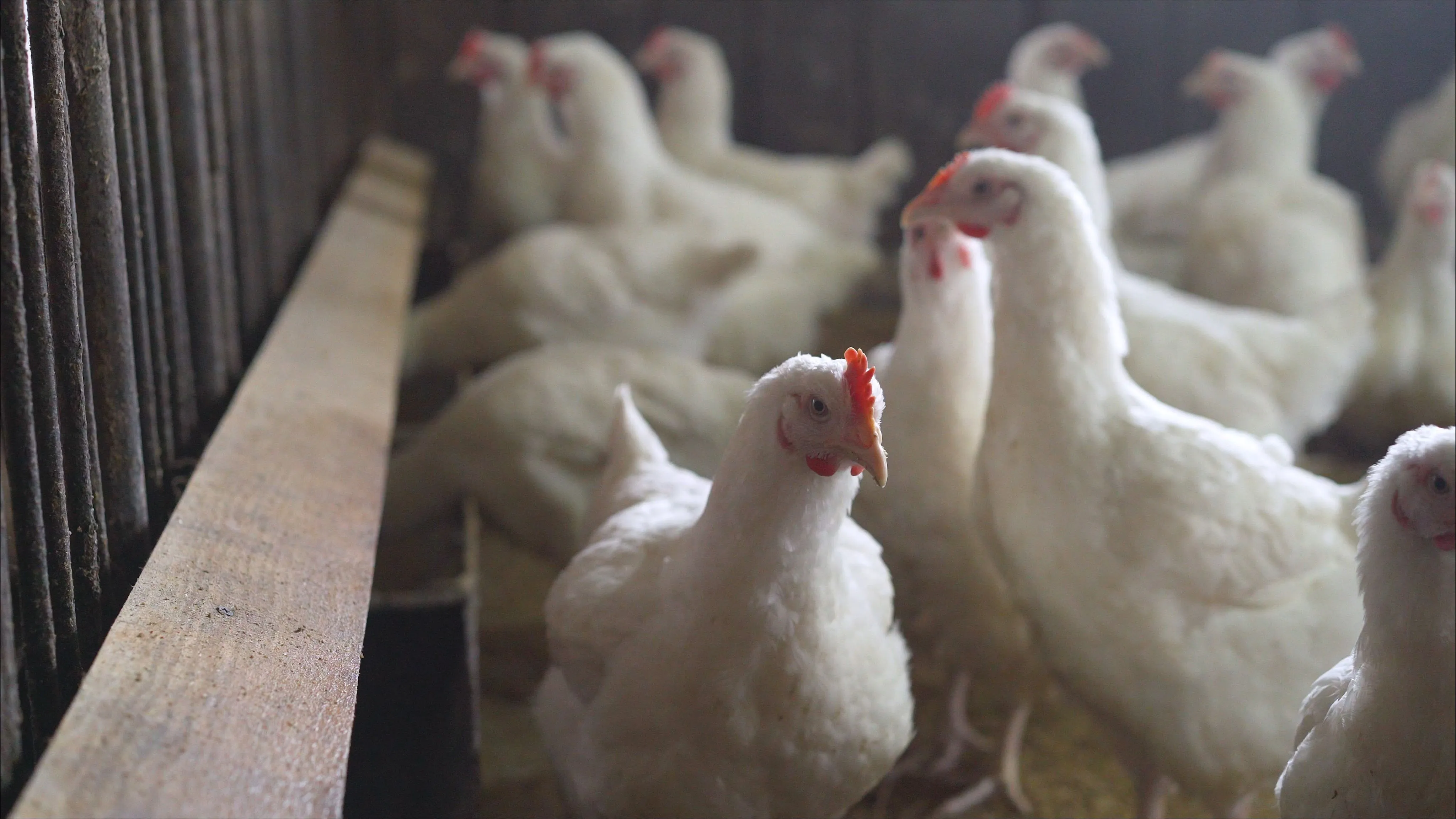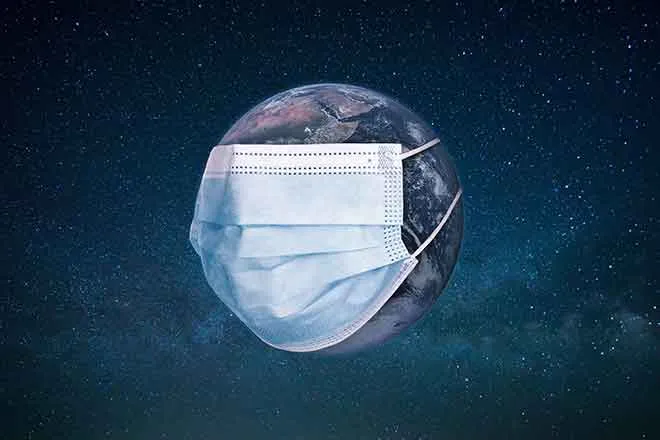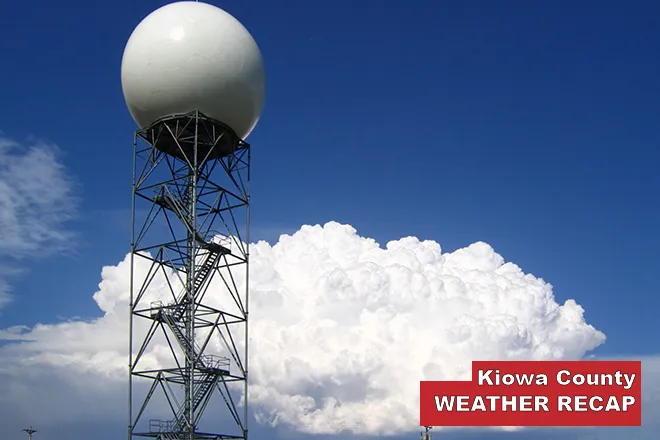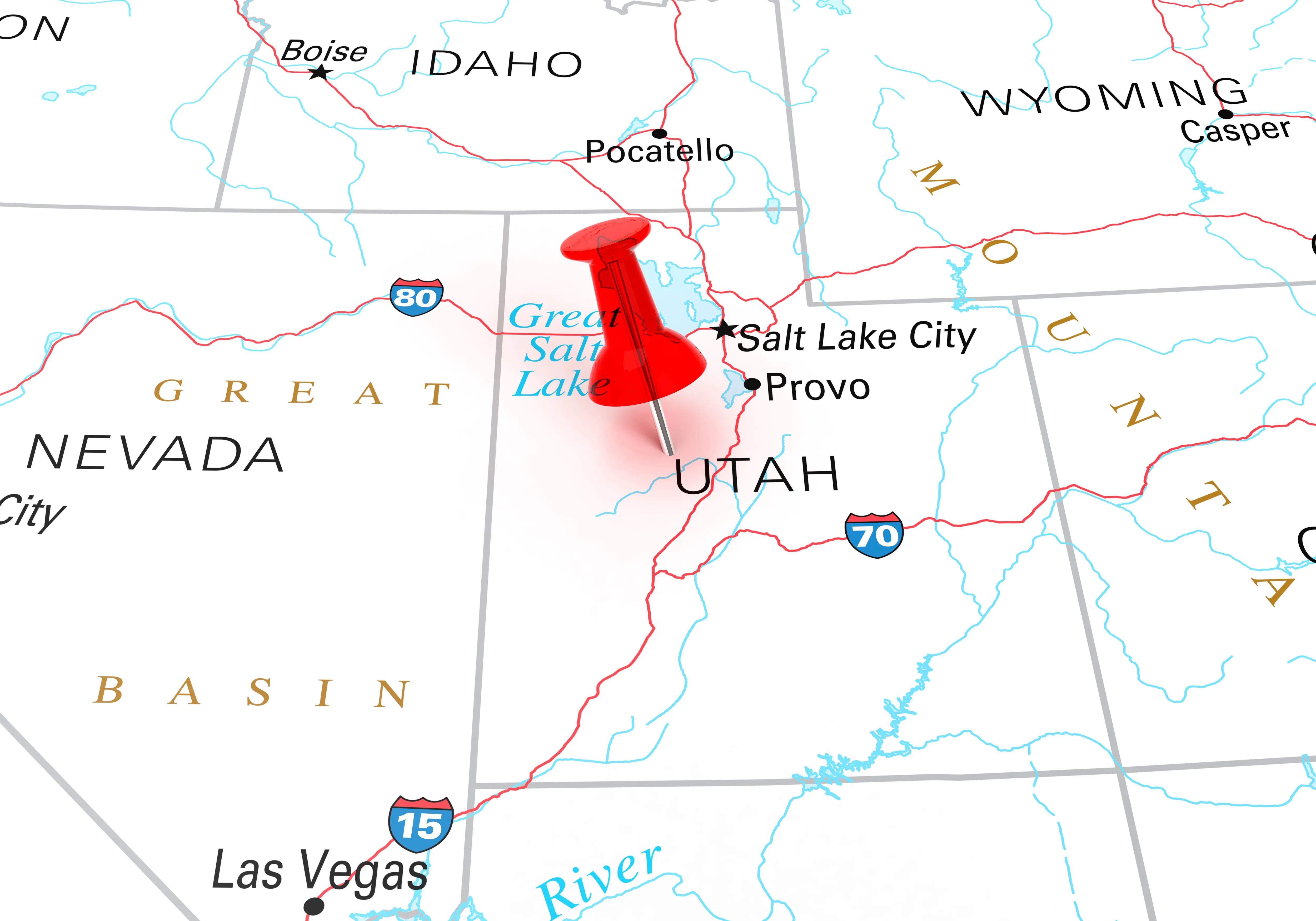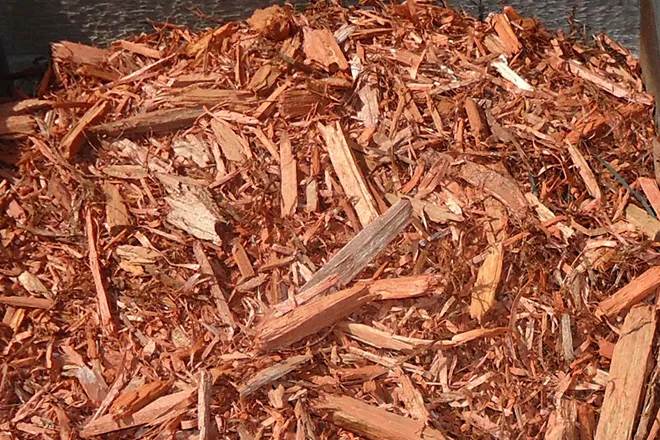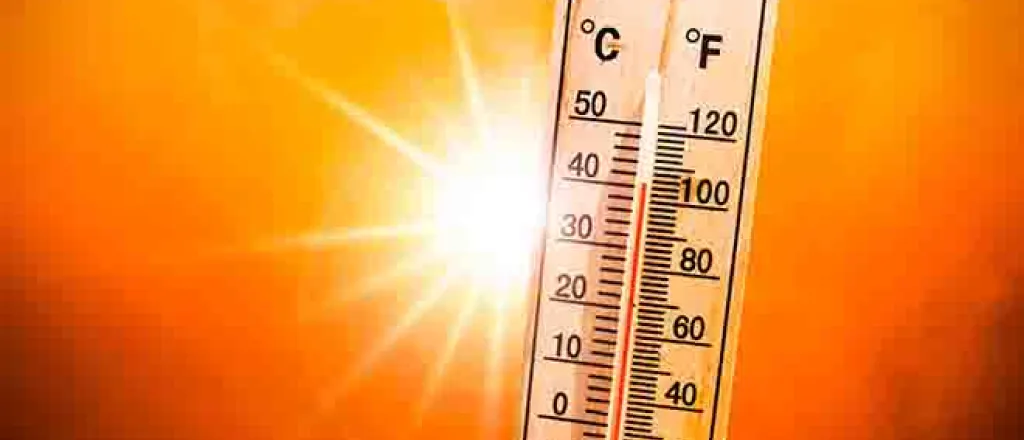
Higher heat-related fatalities prompt warnings for Arizonans
Click play to listen to this article.
(Arizona News Connection) Summer will be here before you know it, and experts say now is the time to get prepared for Arizona's scorching and life-threatening temperatures.
Some 645 heat-associated deaths were confirmed by Maricopa County's Department of Public Health in 2023, breaking the previous year's record by more than 50 percent.
Dr. Rebecca Sunenshine, the health department's medical director, said the 2023 Heat Related Deaths Reportdemonstrates this is a significant public health concern for Arizona's most populous county.
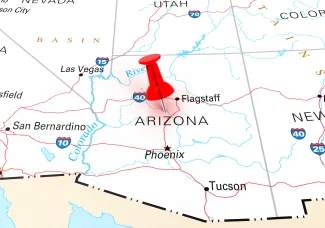
"This is really a call to action," she said, "to make sure that we all come together across the county - community-based organizations, cities, the county government - to prevent these deaths almost all of which are preventable."
In 2023, an average of 13 heat related deaths per day occurred during July, with people who were unhoused making up the largest proportion. With hotter months on the way, Sunenshine encouraged Arizonans to check on neighbors and seniors who may live alone, make sure air conditioning systems are working and follow the county's "10 tips" to stay safe in the heat.
In addition to tracking heat-related deaths, the Department of Public Health also conducted an evaluation of cooling and respite centers that were part of Maricopa County's Heat Relief Network last year. Sunenshine said they learned valuable details - including that two-thirds of respondents didn't have a stable home, and that many people found the cooling centers only through roadside signs advertising them.
"Some of the biggest barriers to accessing cooling centers are not knowing they exist, not knowing where they're located and not having transportation," she said, "and we based all our actions this upcoming summer on the results of this cooling center evaluation."
She said they were able to establish a call center, operated by bilingual community health workers, to help connect people not only to heat-relief resources but to energy and security-assistance programs.
Arizonans can call 211 to help find transportation to the nearest heat-relief location, when they open again May 1.


